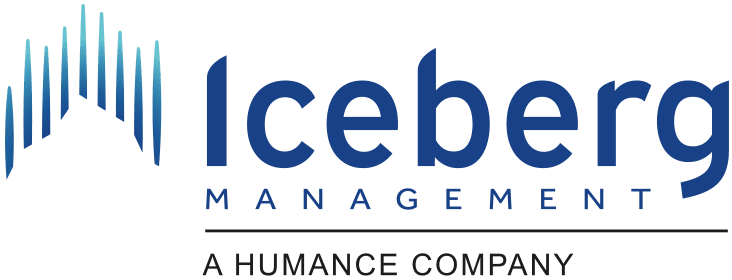
Employee Coaching & Training
February 22, 2019
When skills development is not desired by employees
You follow best business practices. You carefully planned training offered to all your employees on a subject that seemed relevant to you. The problem? Your employees are not as enthusiastic as you would have liked! You receive comments like “I don’t have time” and “this is not a priority for me”. The unifying effect you were hoping for is not there.
These comments might be demoralizing, but see it as a sign that something is lurking beneath the water. Indeed, skills development requires personal effort on the part of individuals who will invest their time and energy in learning. To obtain the expected results, we must ensure that they are able to receive training, but how can we do this?
When you impose an approach without first consulting stakeholders, it is rather difficult to obtain commitment. However, when the idea comes directly from the people involved, motivation arises naturally. Training needs should therefore be the subject of a frank discussion with employees and managers in order to assess the skills to be developed as a priority to achieve the company’s objectives. Perhaps you had lecture-style training on time management in mind because your team is struggling to meet deadlines? However, by talking with your managers, you may realize that the issue is really at the project management level since the schedules are not realistic and the estimates are flawed. So targeted training addressed to the right people would be a better investment of time and money for your business.
The moral of the story ? Discuss training needs regularly, not just during performance reviews but also during team meetings. These conversations will have other benefits: your listening to needs will translate into recognition and, subsequently, you will benefit from a commitment to follow training. You will therefore invest your money in the right place to target the points of vigilance of your business. This is a profitable strategy!
Caroline Thomson; CPHR, CPCC, ACC
Professional Coach
Trainer
Advice Centre
Discover more inspiring content
Find out how our methodology has transformed companies from different sectors. Each article is proof of our expertise.

Organizational Structure
Measuring the impact of your meetings: the art of concluding well
To optimize your team meetings, don't underestimate the importance of the conclusion: measure the real impact with these 3 tips.

Organizational Structure
Optimize your team meetings now
Team meetings may seem pointless, but with the right preparation and structure, they become productive and effective.

Organizational Structure
Having a unified human resources strategy: yes I want it!
Unify HR strategies in 6 steps to ensure better return on investment and increased buy-in, consistent with the unified strategy.

Employee Coaching & Training
The learning organization: the 5 facilitators
The 21st century is marked by a technological revolution. Organizational learning is essential to maintaining the agility of organizations.

Overall Compensation
Overall compensation: what will your strategy be?
Overall compensation exceeds salary. Benefits and flexibility are more attractive to millennial employees.

Culture and Health Wellness
Non-monetary recognition: a free, significant but yet shunned lever
Non-monetary recognition is more rewarding than gifts. Integrate it into your interactions, offer special attention and be creative!

Culture and Health Wellness
The ABCs of Human Resources Week
#HRWeek brings together all human resources to recognize their value. Participate from April 24 to 28, 2017!

Culture and Health Wellness
The respect
Respect at work means considering employees, respecting their privacy and informing them of company decisions.

Organizational Structure
Learn to say thank you (it stimulates performance)
Why offer recognition every day? Managers hesitate due to lack of time and interest, but the financial consequences are obvious.

Culture and Health Wellness
Human Resources Week: 5 easy ways to participate
Human Resources Week is the perfect opportunity to recognize the value of your employees. Create a personal connection with them. #HRWeek

Recruitment & Employer Brand
Social networks: very useful but not for everyone!
Recruitment strategies must be tailored to the target audience to ensure success. Social media is not always the best option.

Employee Coaching & Training
Is your team made up of managers or leaders?
Leaders and managers have different roles, but can be developed using behavioral tools to exploit their full potential.
